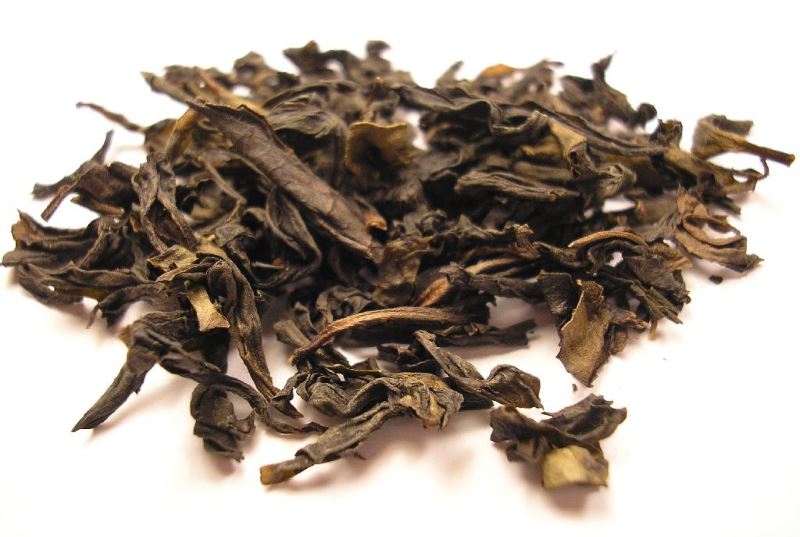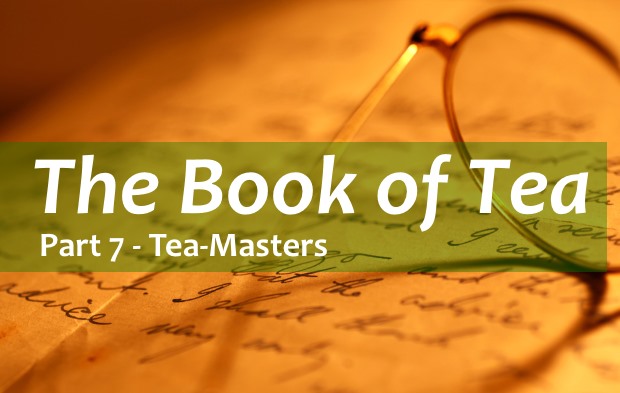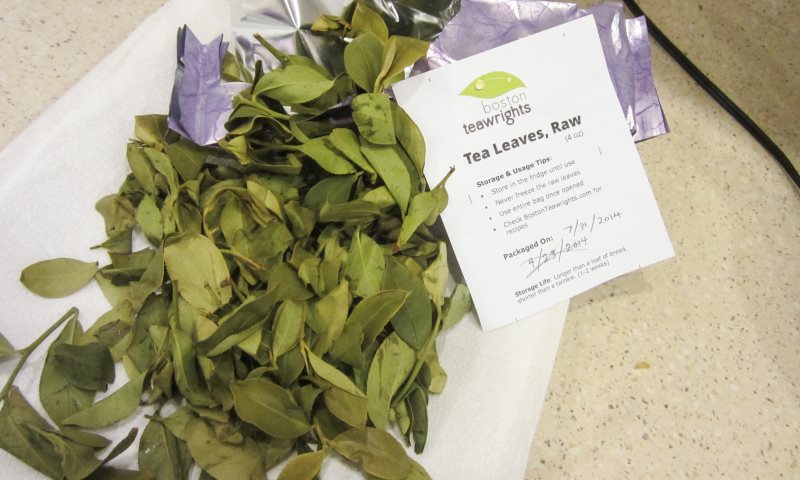
by Ryan | From the Interns, Tea Education
For much of its history, the oxidation process in tea crafting has been erroneously referred to as the “fermentation step”. This is because people assumed that the change of color in the leaves was the result of traditional fermentation. This is not the case, as fermentation requires microorganism, such as yeast. As advances in technology made it easier to study molecular chemistry, tea crafters were able to identify this process as oxidation, rather than fermentation.

by Caleb Hodes | Adventures in Starting the Business
Today, I’m excited to announce that Boston Teawrights will work with Boston’s own Bread & Salt Hospitality on their upcoming restaurant & cafe in Somerville’s Union Square. While Teawrights is just one small component in their project, it’s huge for us!

by Caleb Hodes | Book of Tea, Tea Literature
The Book of Tea is an essay written by Kakuzo Okakura in 1906. It’s considered one of the classics of tea culture and has held a wide influence for more than a century. In his essay, Okakura addresses us (the Western audience) and discusses the role of tea in Japanese culture. In this seventh part, Okakura discusses the influence of the Tea Masters on Japanese history, culture and society, and closes with Rikiu.

by Louise | From the Interns, Tea Education
In Louise’s final post as Summer intern, she discusses where our own tea comes from–the heart of Taiwan, Nantou County.

by Talia | From the Interns, Tea Craft
Intern Talia loved getting to hear everyone’s stories about their tea creations, but this week it was her turn to try it for herself! She’s excited to say she tried making a green tea and a black tea so she could have the firsthand knowledge of the process of making both kinds. Instead of expanding on what crafting tea meant to her emotionally and personally, she wants to share the practical knowledge she gained from making the tea. She hopes it helps you understand a bit more in detail about what goes into the process.





